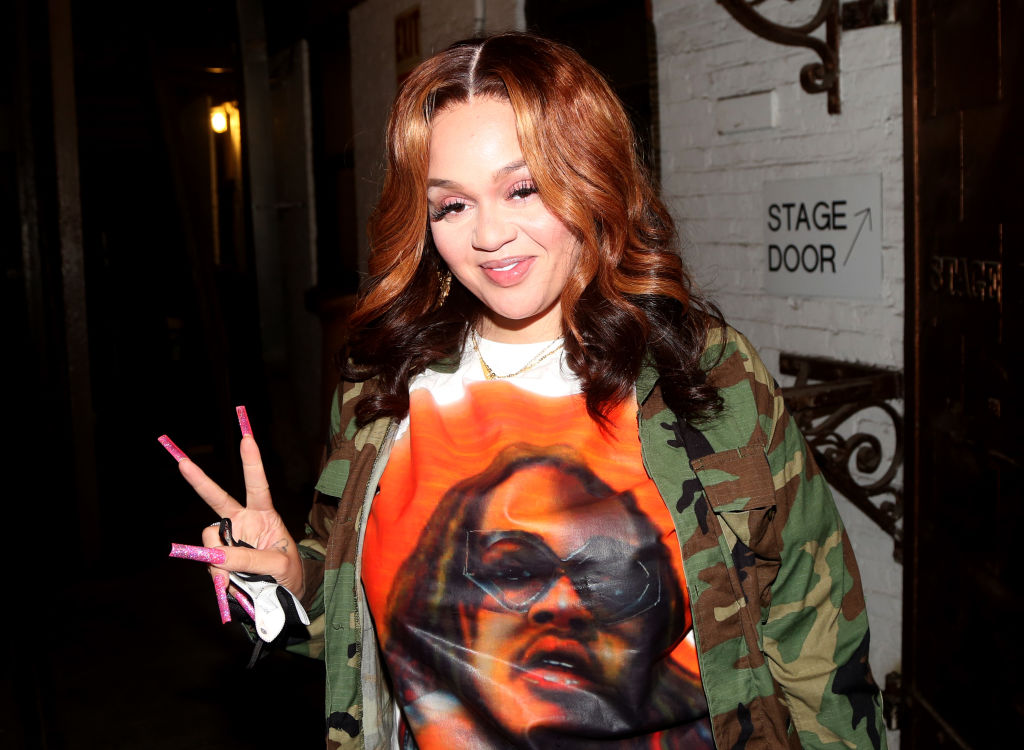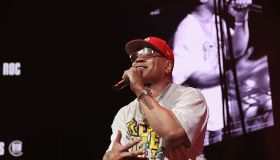Who is Mona Love A.K.A Don’t Call Me White Girl?

Mona Love, better known as “Don’t Call Me White Girl,” has become a force, as she’s recently landed a co-host slot on The Joe Budden Podcast. Real name Damona Love, the 39-year-old hails from Philadelphia, where she grew up in under-resourced, rough neighborhoods. In interviews, she’s reflected on how that environment shaped her early outlook. She’s mentioned how she didn’t see value in being on social media, believed she had limited prospects, and was often a negative thinker. In her late teens into early twenties, she ran into legal trouble. She has shared that she did time (for fraud) and was released around age 21. That experience forced her to reckon with the systemic barriers ex-offenders face (difficulty getting certain legal rights, societal stigma, etc.).
After her release, Mona tried different paths. She entered into a relationship that she later felt was not fulfilling, especially for her own growth. A friend encouraged her to try podcasting around 2018. She launched Don’t Call Me White Girl, putting out commentary, opinion, and comedic content around social and cultural topics. Her big online breakout came when a clip she posted (“Why you being weird to me?”) went viral and became meme fodder across TikTok, Instagram, and more. That moment gave her credibility and reach, which led to guest slots, media attention, and a bigger platform.
People gravitate toward Mona Love for several reasons.
First, her voice is unapologetic, raw, and candid. She doesn’t sugarcoat things, and she leans into telling her own story with vulnerability and a sense of humor. Her mix of social commentary, improv, personal stories, and meme sensibility appeals to younger audiences who view authenticity as currency. She also leans heavily into relatability. Many see in her someone who came from little, made mistakes, and is trying to grow. In addition, she’s actively engaged in issues like colorism, identity, and justice. As a digital creator turned podcaster, she understands social media language, so she bridges the world between online virality and more traditional podcast discourse.
Her addition to The Joe Budden Podcast this year as a co-host is a big step. She officially joined the roster of hosts last month. In her first recorded episode on the show (Episode 862, “The Donut Shop”), she shares thoughts about her first day on set as a cohost. Her presence is seen by fans as a fresh dynamic, bringing new energy, perspectives, and cultural resonance. Given her existing fan base, the hope is that she can draw additional listeners and shift some of the tone. She already has experience hosting and producing content in her own space, so stepping into a larger, ensemble podcast is a natural next move.
There are, however, some criticisms and skepticism. Some longtime podcast audiences view her as an “internet personality” rather than a “serious” commentator. Others question how seamlessly she’ll integrate into a room of veteran voices like Joe Budden, Parks, Ish, etc. Even with the few complaints, many fans in forums already praise her for being a strong “wild card” who keeps conversations unpredictable and real. Overall, as she establishes herself further in the JBP universe, how she balances her own brand and adapts to the show’s rhythms will be key. We can’t wait to see what Mona Love does with the opportunity next!
MORE: Barack And Michelle Obama Clear The Air About Divorce Rumors On ‘IMO’ Podcast
Who is Mona Love A.K.A Don’t Call Me White Girl? was originally published on hellobeautiful.com















